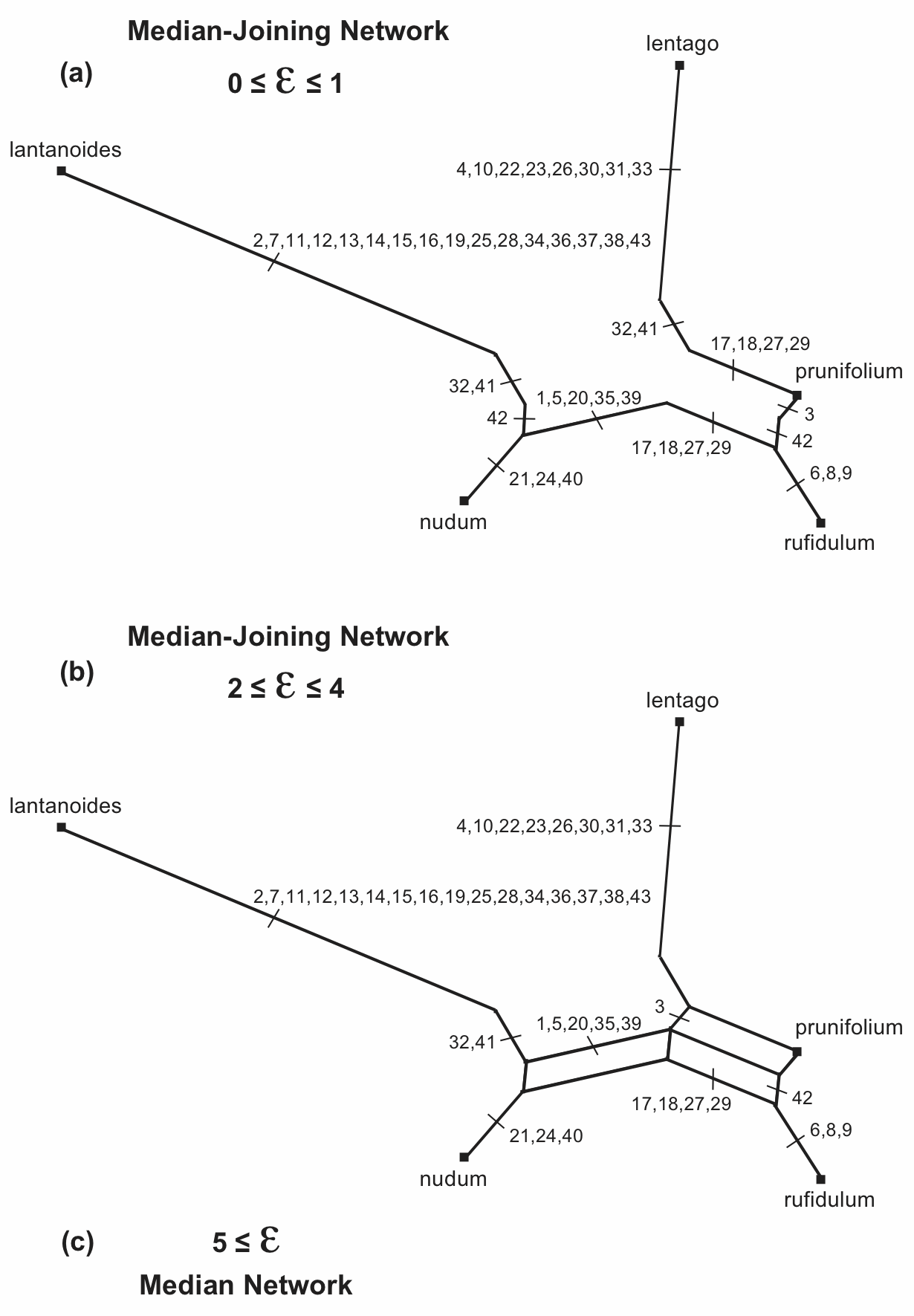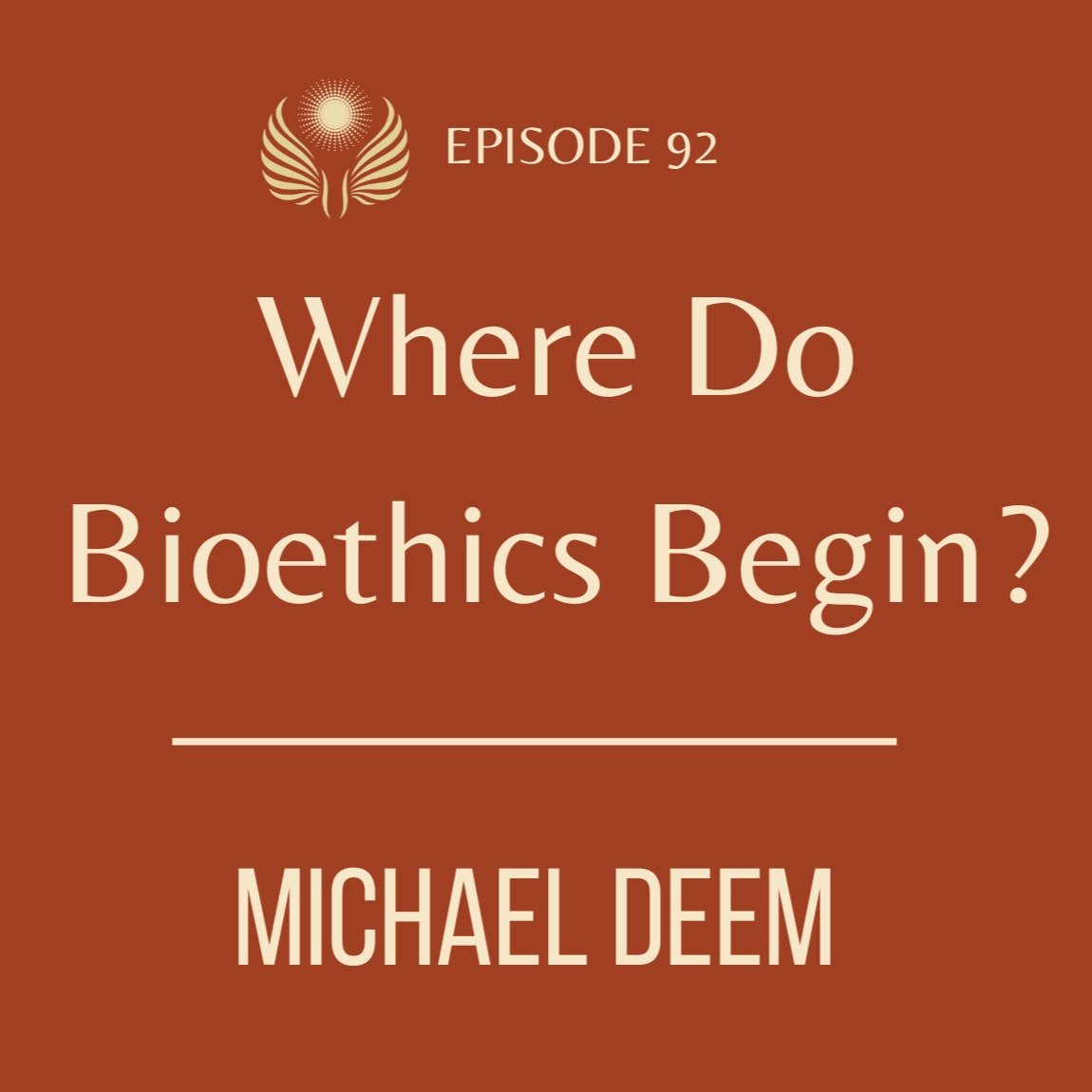The Genealogies of Modernity Journal
Three Critiques of Secularism
Is it possible to critique secularism in a thoroughly secular age?
Ali Harfouch on alienation and the sublime
Rebellious Space and Radical Movement: The Dil Pickle Club of Tooker Alley
Entering the Pickle was also an unusual experience… a fact that the inscription “Step high, speak low, and leave your dignity behind” emblazoned on its front door… cheekily acknowledged.
Elysia Balavage on a bohemian pillar of the Chicago Renaissance
Against the “Reversal of History” Thesis
McLuhan sees our modern, technologically induced condition as a product of tensions between individualism and tribalism.
Éamon Brennan contests a standard reading of Marshall McLuhan
Uncorking Some Scruton
Scruton, looking at our days “sub specie aeternitatis,” even thinks that this time of decay gives us an opportunity to work on the behalf of religion, morality, and culture that “no previous generation has been granted, and which no future generation may desire.”
Julian Kwasniewski reviews Against the Tide
Stained Glass: The Aims of Education at the University of Chicago
[T]rue liberal education aims at a holistic understanding of truth, a universal knowledge in which, as Saint John Henry Newman puts it, all branches of learning connect.
Kate Whitaker on her liberal arts education
Arnold Lunn and the Religiosity of “Modern” Mountain Athletes
Lunn’s story illustrates the reality that one need not choose between being a “modern” and “classical” mountain enthusiast or between being an inventor or follower of tradition.
Margaret Sutton on the “something else“ we find in the mountains
Primer of Phylogenetic Networks
David Morrison offers a scientific deep-dive on networks of change
Cats, Lost and Found
For more seasoned readers, these chapters also uncover the feline motifs that, like medieval marginalia, are everywhere on the edges of this history but have mostly escaped notice until now.
Caroline Hovanec reviews Marx for Cats
Where Do Bioethics Begin?
Do bioethicists actually change minds?
An interview with Michael Deem
“But all the fun’s in how you say a thing”: Robert Frost’s Risky Readings
[Frost’s] theories of “sentence sounds” and “sound-posture” insisted that tone and spoken vocal inflection–how words sound when we say them–should be the material of poetry, a poetic paradigm which was perfectly suited to performance.
Isabelle Stuart on the history of modern poetry recordings
Reading Voices: What Can We Learn from Modernist Poetry Recordings?
There have been drastic changes in how poetry sounds to readers over the last hundred and fifty years, troubling the illusion that reading silently can offer us access to the poem as it sounded to the writer.
Isabelle Stuart on the history of modern poetry recordings
An Interview with Samuel Hazo
An interview with Samuel Hazo, founder of the International Poetry Forum
Who Needs a Horse That Flies? Pt. III
The absence of poetry from our daily discourse and our public life leaves a total vacuum because there is no substitute for it.
Samuel Hazo on the relevance of poetry for modern life
Who Needs a Horse That Flies? Pt. II
It is in the world of the incarnate word that we find our true selves, and it is the imagination that takes us there.
Samuel Hazo on the relevance of poetry for modern life
Who Needs a Horse That Flies? Pt. I
Most of what we do or make, for good or ill, originates in the imagination.
Samuel Hazo on the relevance of poetry for modern life
The “Glad Game” in the Twenty-First Century: Reclaiming Pollyanna’s Optimistic Legacy
What I suggest is we have attributed intellectual deficiencies to Pollyanna as a character that she does not possess in Porter’s books because they align with our changing cultural paradigms about optimism.
LuElla D’Amico revisits an icon of childhood literature
Amrita Sher-Gil and the Construction of a Global Modernity
Much ink has been spilled on whether Amrita Sher-Gil’s work was “modernist” or “realist,” Eastern or Western, modern or traditional.
Vaishnavi Patil offers a fresh reading of Amrita Sher-Gil





















